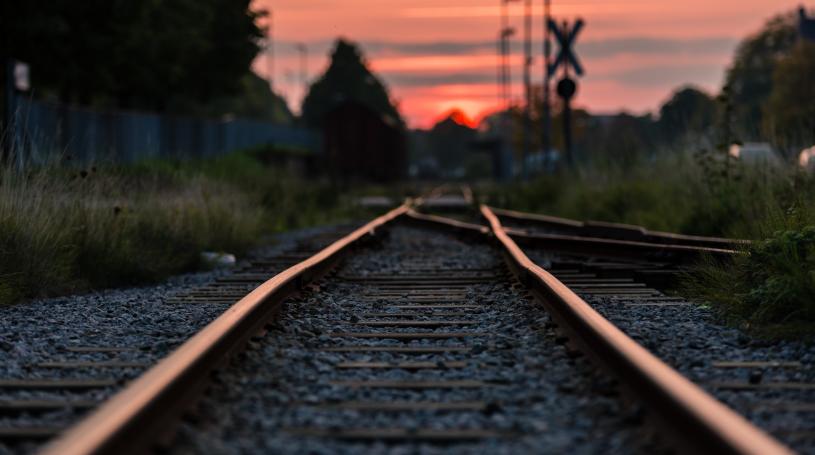'One Station at a Time' - Cape Chamber hails PRASA success in reclaiming a large portion of Cape Town's central line
The Cape Chamber of Commerce and Industry wishes to commend state law enforcement and passenger rail stakeholders for reclaiming a portion of Cape Town’s central line, with more success in prospect for the coming months.
By implementing a security plan the Passenger Rail Agency of South Africa (PRASA) has managed to recover the central line as far as Nyanga, with eleven railway stations left to go, according to PRASA regional head Raymond Maseko. The service is being reclaimed one station at a time under difficult circumstances.
The central line has been out of service for years, stripped of essential infrastructure and much of it occupied by informal settlements during the course of the pandemic. However active collaboration between PRASA, crime intelligence and law enforcement agencies has resulted in a definite timeframe for returning the line to active service.
We note that the key to PRASA’s success has been community engagement and understanding the needs of urban commuters. In outlining PRASA’s progress Maseko has stressed the vital importance of dialogue with affected communities which helped inform PRASA’s recovery plan -- by identifying the community’s most urgent safety needs. "What we realised is that we are operating within communities,” Maseko told the Chamber during a recent roundtable discussion interview. “We needed to ensure that people were safe.”
Maseko said PRASA is making use of technology upgrades, including CCTV cameras and panic buttons, to improve security. PRASA will also deploy six guards on each and every train to address the criminality that has had a devastating impact on the transport sector and on the broader regional economy.
Cape Chamber President Jacques Moolman has welcomed news of PRASA’S progress: “As a Chamber we are heartened by these concerted efforts to address our current transport crisis, which has a ripple effect right through society,” Moolman said. “Urban commuters are the lifeblood of our economy, and reducing the cost of public transport by reintroducing a commuter rail service will ultimately reduce transport costs and increase disposable income. Rail is the cheapest option and without it the cost of passenger transport in South Africa is higher than it should be.”
“It will also allow greater mobility for work seekers and reduce travelling times, thereby bolstering productivity by reducing the transport cost to the local economy,” Moolman said.
The Chamber is also encouraged by plans to provide low-cost rental accommodation at strategic points close to stations on the central line, a move that should go a long way towards stabilising the service, particularly if it aligns with efforts to bolster neighbourhood security.
We urge all our economic partners to join efforts in a collective effort to help bring this recovery plan to completion. A functioning central line would be a major boost for small business development and job creation.
There is worldwide recognition that the poor need cheap transport, and that rail provides the main arteries of movement. In South Africa, despite significant investment in commuter rail services, the system has collapsed in recent years. Restoring safe rail transport is therefore a critical step towards growing the economy by helping the poor access jobs.
The Chamber is also calling on relevant transport stakeholders to assist commuters with a ‘single ticket’ system across multiple transport modes. This would increase efficiency, save time, and reduce costs across the system.
Jacques Moolman
President of the Cape Chamber of Commerce & Industry

